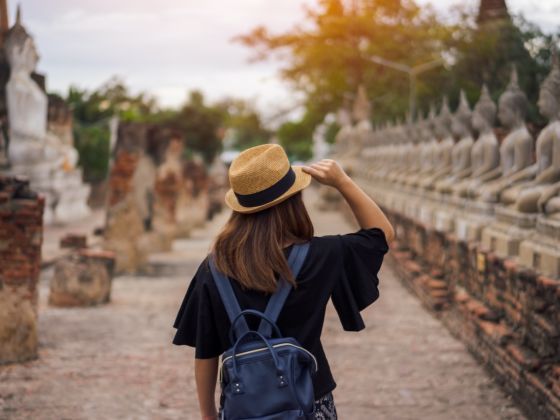1. Don’t go see the “long-neck women.”
While there are a few hill tribe tours that promote human interaction, most are exploitative and create human zoos. Karen women traditionally wear metal rings around their necks to push down their shoulders, and are beautifully photogenic. However, Karens are refugees from Burma and, fearing the effects on tourism, the Thai government won’t allow them to seek asylum elsewhere. Don’t support this.
